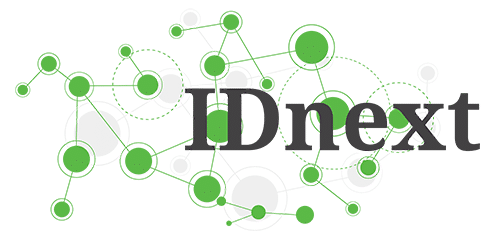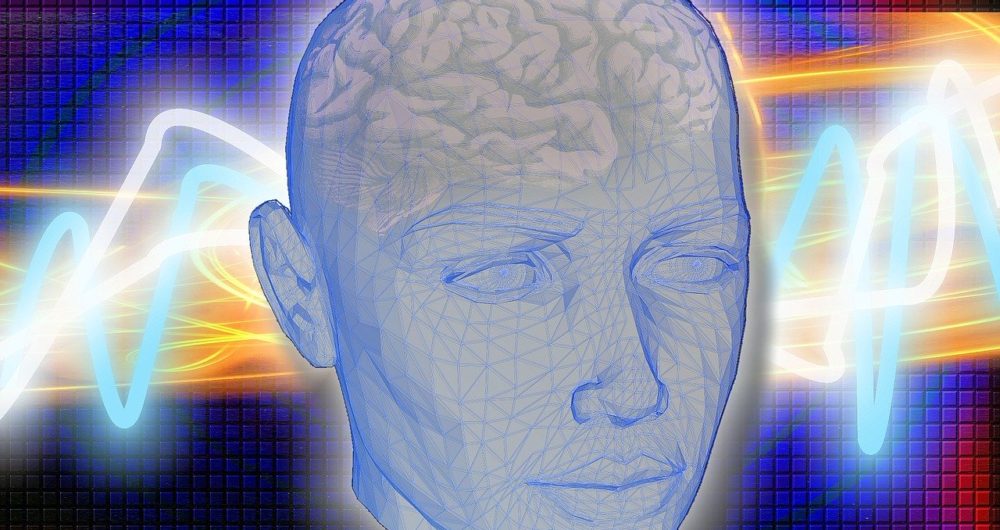Thinking is a complex procedure which is important in the current decision-making world. Intelligent systems are helping humans with this thinking process to better achieve specific goals (Binnig, Baatz, Klenk & Schmidt, 2002). The help of these systems is called “artificial intelligence,” which in computer science is defined as any device that perceives its environment and takes actions that maximize its chance of successfully achieving its goals. In recent years, organizations have started using artificial intelligence within their systems, which have become a viable alternative to their traditional systems (Froese & Ziemke, 2008, p. 466). Artificial intelligence technology is improving constantly, as scientists become more interested in making systems innovative. The improvement of artificial intelligence is a matter of concern to some, because artificial intelligence could take over human intelligence. However, artificial intelligence provides advantages in solving problems and reaching decisions (Chowdhury & Sadek, 2012). It provides much more permanency, has proven to be more reliable, and will minimize costs within organizations. Therefore, it addresses issues of uncertainty and speed in solving problems and reaching decisions (Chowdhury & Sadek, 2012). Because the technology of artificial intelligence must be managed by humans, it will lead to the creation of jobs (Darrel, 2015). Therefore, artificial intelligence will not completely take over human operations.
How will artificial intelligence improve humanity in their daily life?
Current and future perspectives
In its current stage of development, artificial intelligence has the ability to imitate human intelligence, perform thinking and learning tasks, solve problems, and make certain decisions (Shabbir & Anwer, 2018). These features provide increased permanency, reliability, and cost-effectiveness and also address issues relating to uncertainty and speed (Chowdhury & Sadek, 2012). Today’s artificial intelligence is progressing rapidly because of the improvement of high-performance capabilities. However, the current capabilities of artificial intelligence are still under debate because of a lack of accuracy. Humans are becoming increasingly dependent upon this technology, because artificial intelligence is considerably increasing its human-like characteristics and start performing narrower and cognitive tasks (Shabbir & Anwer, 2018). Due to artificial intelligence, the following technologies have been created or improved: robotic vehicles, speech recognition technology, autonomous planning and scheduling, games, spam fighting, logistics planning, robotics, and machine translations (Russell and Norvig, 2016, p. 28-30).
The prospects for future improvements in artificial intelligence have led to concerns that it will eventually supersede human intelligence (Chowdhury & Sadek, 2012). Artificial intelligence is designed to make human life easier, but there is still significant debate about whether artificial intelligence in fact improves daily life for humanity. Many organizations are exploring the benefits of artificial intelligence in its current state (Shabbir & Anwer, 2018). Because of technology, organizations will be more active in the development of various artificial intelligence strategies (Froese & Ziemke, 2008, p. 466). In the coming decades, artificial intelligence will achieve improvements in speech, voice, video conferencing, and face recognition. Furthermore, it will assist in providing personal assistance and fully automated systems, which will aid in monitoring and surveillance, performing heavy workloads, and many others tasks (Shabbir & Anwer, 2018).
To read the full article on IThappens.nu please click here.







